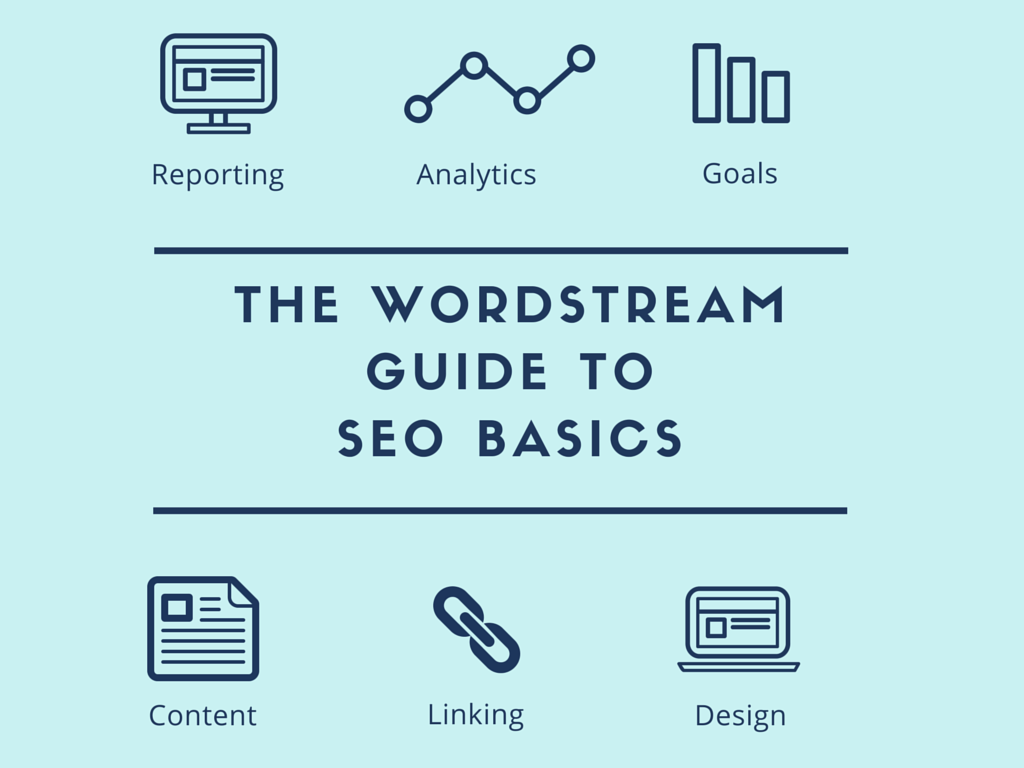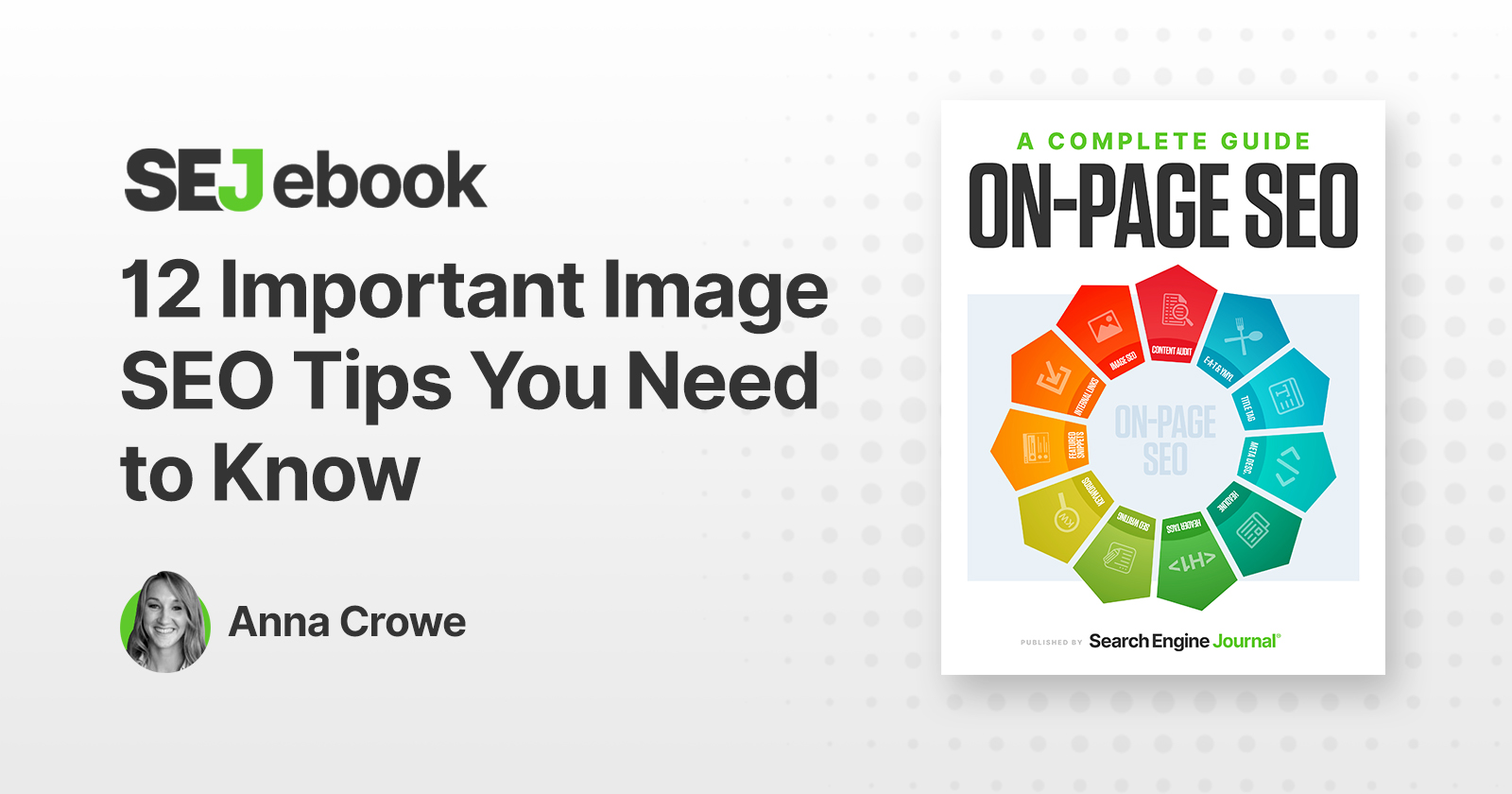Are you ready to take your business to the next level and dominate the online market? Search Engine Optimization (SEO) is the key to unlocking the potential of your business and reaching your target audience effectively. In this comprehensive guide, we will delve into the world of SEO and provide you with the knowledge and strategies you need to master this powerful tool. From understanding the basics of SEO and creating an effective strategy to implementing on-page and off-page optimization techniques, we will cover it all. You will also learn about the importance of local and mobile SEO, as well as how to measure and analyze your SEO performance. Stay ahead of the curve by staying updated with the latest SEO trends and algorithm changes. And if you’re debating between hiring an SEO professional or doing it yourself, we’ll help you weigh the pros and cons. Get ready to elevate your business’s online presence and drive more traffic, leads, and conversions with the power of SEO.
Understanding the Basics of Search Engine Optimization

Credits: wordstream.com
So, you’ve heard about search engine optimization and how it can benefit your business. Well, let me tell you, SEO is not just a buzzword – it’s a powerful tool that can help small and medium-sized businesses thrive in the digital world. By mastering the basics of SEO, you will be able to boost your online visibility, attract more potential customers, and ultimately increase your revenue.
To truly understand the importance of SEO for SMBs, it’s essential to grasp how search engines work. When someone types a query into Google or any other search engine, they are essentially asking a question. The search engine’s goal is to provide the most relevant and high-quality answers to those questions. This is where SEO comes into play – by optimizing your website and content according to certain criteria, you can improve your chances of ranking higher in search results.
The key elements of SEO include on-page optimization (such as keyword research and content creation), off-page optimization (like link building), technical optimization (ensuring proper site structure and speed), and local SEO (targeting specific geographical areas). By understanding these foundational concepts and implementing them effectively, you can position your business for success in today’s competitive online landscape.
Creating an Effective SEO Strategy

Credits: firstpagesage.com
Are you ready to take your business to the next level? Crafting a successful SEO strategy is the key to boosting your online presence and driving more traffic to your website. By setting clear goals and objectives, you can tailor your approach to meet the specific needs of your business.
The first step in creating an effective SEO strategy is conducting thorough keyword research. Understanding what terms and phrases potential customers are using to search for products or services like yours is crucial. This insight will help you optimize your content and improve your website’s visibility in search engine results.
Don’t forget about keeping an eye on the competition! Analyzing what other businesses in your industry are doing can provide valuable insights into where you stand and where there may be opportunities for improvement. By staying informed about market trends and competitors’ strategies, you can refine your own approach and stay ahead of the game.
On-Page Optimization Best Practices

Credits: searchenginejournal.com
When it comes to on-page optimization, there are several exciting best practices that can take your website to the next level. By optimizing your website content and structure, you can ensure that search engines easily understand what your site is about and how it should be ranked. This means strategically placing keywords throughout your content, creating clear navigation paths for users, and organizing your site in a way that makes sense for both visitors and search engine crawlers.
In addition to content optimization, improving page load speed is crucial for both user experience and search engine rankings. A slow-loading website can turn away potential customers and negatively impact your SEO efforts. By utilizing tools like image compression, browser caching, and minimizing HTTP requests, you can significantly enhance the speed of your web pages – leading to better user engagement and higher search engine rankings.
Lastly, using meta tags and descriptions effectively is a key component of on-page optimization. These elements provide valuable information about each page’s content to search engines while also influencing click-through rates from search results. Crafting compelling meta titles and descriptions with relevant keywords can improve visibility in the SERPs (search engine results pages) – ultimately driving more traffic to your website.
Off-Page SEO Techniques for Better Ranking
Building quality backlinks is essential for off-page SEO. By obtaining links from reputable and relevant websites, you can improve your website’s authority and credibility in the eyes of search engines. This can lead to higher rankings and increased organic traffic. Focus on acquiring backlinks from trustworthy sources that are related to your industry or niche.
Utilizing social media for SEO can have a significant impact on your website’s visibility and ranking. Sharing valuable content, engaging with your audience, and building a strong social media presence can help drive traffic to your site and enhance its online reputation. Social signals such as likes, shares, and comments also play a role in search engine algorithms, so it’s important to leverage social platforms effectively.
Guest blogging and influencer outreach are powerful strategies for expanding your digital footprint and improving off-page SEO. By contributing high-quality content to other blogs or collaborating with influential individuals in your industry, you can attract new audiences, gain exposure, and earn valuable backlinks. This not only enhances your website’s authority but also establishes you as an expert within your field.
Local SEO Strategies for Small Businesses
When it comes to local SEO, small businesses have a unique advantage. By optimizing your Google My Business listing with accurate information and engaging photos, you can significantly improve your visibility in local search results. This means that potential customers are more likely to find and choose your business over competitors.
In addition to Google My Business, getting listed in local directories such as Yelp or Yellow Pages can further boost your online presence. These directories act as valuable backlinks to your website and provide another opportunity for potential customers to discover your business. It’s important to ensure that all the information on these directories is consistent with your Google My Business listing for maximum impact.
Earning positive reviews and ratings from satisfied customers is another powerful strategy for local SEO. Encourage happy customers to leave reviews on platforms like Google or Facebook, as this social proof can influence other potential customers’ decisions. Remember, when it comes to local SEO, every positive review counts towards building trust and credibility for your business.
Mobile SEO Considerations for Online Stores
Having a mobile-friendly website is crucial for online stores. With the majority of internet users accessing websites through their mobile devices, it’s essential to create a seamless and responsive design that caters to this audience. By making your website mobile-friendly, you can ensure that potential customers have a positive experience when browsing and shopping on your online store.
Implementing responsive design is another key factor in optimizing your online store for mobile SEO. Responsive design allows your website to adapt to different screen sizes and resolutions, providing an optimal viewing experience across all devices. This not only improves user satisfaction but also plays a significant role in search engine rankings, as Google prioritizes mobile-friendly websites in its search results.
Voice search is rapidly gaining popularity, and optimizing your online store for voice search can give you a competitive edge. By incorporating natural language keywords and phrases into your content, you can increase the chances of appearing in voice search results. This proactive approach to SEO ensures that your online store stays ahead of the curve and continues to attract organic traffic from various sources.
Measuring and Analyzing SEO Performance
Are you ready to take your business to the next level? Measuring and analyzing SEO performance is the key to unlocking your website’s potential. By using tools like Google Analytics, you can track important metrics such as organic traffic, keyword rankings, and conversions. This data will provide valuable insights into how well your SEO strategies are working and where improvements can be made.
Monitoring keyword rankings is like keeping an eye on the pulse of your website. It allows you to see which keywords are driving traffic and which ones may need some optimization. With this information in hand, you can fine-tune your content and meta tags to better target those high-performing keywords, ultimately boosting your search engine visibility.
Assessing organic traffic and conversions is crucial for understanding the impact of your SEO efforts on actual business outcomes. By tracking changes in organic traffic over time, you can gauge the effectiveness of different tactics and make informed decisions about future strategies. Similarly, monitoring conversion rates will show whether or not visitors are taking desired actions on your site, helping you refine both user experience and content.
Staying Updated with SEO Trends and Algorithm Changes
Keeping up with the latest SEO trends and algorithm changes is crucial for staying ahead of the competition. By following industry blogs and news, you can gain valuable insights into the ever-evolving world of search engine optimization. This will not only help you stay informed but also provide you with new ideas to improve your website’s visibility.
Adapting to Google algorithm updates is essential for maintaining a strong online presence. With search engines constantly refining their algorithms, it’s important to adjust your SEO strategies accordingly. This proactive approach will ensure that your website continues to rank well in search results, driving more traffic and potential customers to your business.
Implementing new SEO techniques is an exciting way to keep your website optimized for search engines. As technology advances, so do the methods for improving your site’s visibility. By embracing these innovations, you can enhance user experience, increase organic traffic, and ultimately propel your business towards greater success.
Hiring an SEO Professional vs. DIY SEO
When it comes to mastering search engine optimization for your business, the decision of whether to hire a professional or tackle it yourself can be quite exciting! Hiring an SEO professional means tapping into their expertise and experience, giving you access to specialized knowledge that can take your business to the next level. On the other hand, choosing the DIY route allows you to fully immerse yourself in understanding and implementing SEO strategies firsthand, which can be incredibly rewarding.
Assessing the budget and resources is a crucial step in making this decision. Hiring an SEO professional may require a significant financial investment, but it also frees up your time and resources for other aspects of your business. On the flip side, taking on DIY SEO might save you money initially, but it will demand a substantial amount of time and effort from you or your team.
Ultimately, weighing the pros and cons of hiring an SEO professional versus doing it yourself is essential. Consider factors such as expertise needed, available resources, time commitment required, and long-term goals for your business. Whichever path you choose can lead to exciting opportunities for growth and success!
At Digital Unicorn, we specialize in providing top-rated internet marketing and SEO services to help small and medium-sized businesses, startups, ecommerce companies, online stores, dentists, doctors, entrepreneurs, and professionals boost their online presence and grow their brand. Our team of experts will work with you to create a tailored digital marketing strategy that will increase your visibility and drive more traffic to your website. Whether you need help with search engine optimization, social media marketing, pay-per-click advertising, or content creation, we have the tools and expertise to help you succeed in the competitive online market. Trust Digital Unicorn to help your brand stand out and thrive in the digital world.
Frequently Asked Questions
1. What is search engine optimization (SEO)?
Search engine optimization (SEO) is the process of improving the visibility and ranking of a website on search engine results pages (SERPs) in order to drive organic (non-paid) traffic to the site.
2. Why is SEO important for my business?
SEO is important for your business because it helps you increase your online visibility, drive targeted traffic to your website, and ultimately, generate more leads and sales. By optimizing your website for search engines, you can improve your chances of ranking higher in search results and reaching potential customers who are actively searching for products or services like yours.
3. What are the key elements of SEO?
The key elements of SEO include keyword research, on-page optimization, technical SEO, link building, and content creation. Keyword research helps you identify the terms and phrases that people are searching for in relation to your business. On-page optimization involves optimizing your website’s content, meta tags, and other elements to make it more search engine friendly. Technical SEO focuses on improving the technical aspects of your website, such as site speed and mobile-friendliness. Link building involves acquiring high-quality backlinks from other websites to improve your site’s authority. Content creation involves creating high-quality, relevant, and engaging content that attracts and retains visitors.
4. How long does it take to see results from SEO?
The time it takes to see results from SEO can vary depending on various factors, such as the competitiveness of your industry, the quality of your website, the effectiveness of your SEO strategies, and the consistency of your efforts. Generally, it can take several months to start seeing significant improvements in your search engine rankings and organic traffic. However, it’s important to note that SEO is an ongoing process, and continuous optimization is required to maintain and improve your rankings over time.
5. Are there any risks or drawbacks associated with SEO?
While SEO can provide numerous benefits for your business, there are also some risks and drawbacks to be aware of. One potential risk is the possibility of algorithm updates by search engines, which can impact your rankings. Additionally, unethical SEO practices, such as keyword stuffing or buying backlinks, can result in penalties from search engines. It’s important to follow best practices and stay up-to-date with the latest SEO trends to minimize these risks and ensure long-term success.
TL;DR: Mastering SEO for your business involves understanding the basics of SEO, creating an effective strategy, utilizing on-page and off-page optimization best practices, implementing local and mobile SEO strategies, measuring performance, staying updated with trends, and deciding whether to hire an SEO professional or do it yourself.

0 Comments